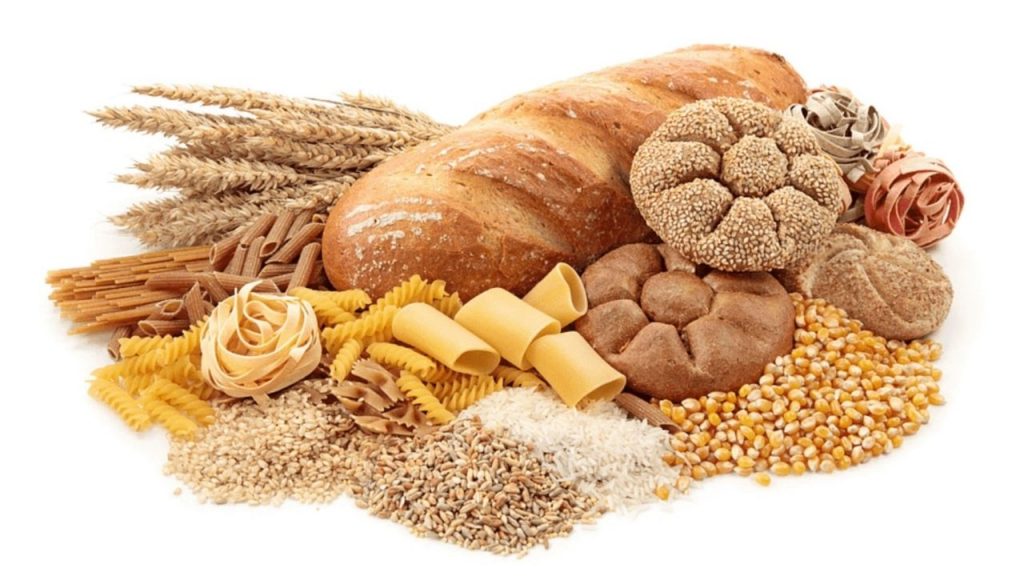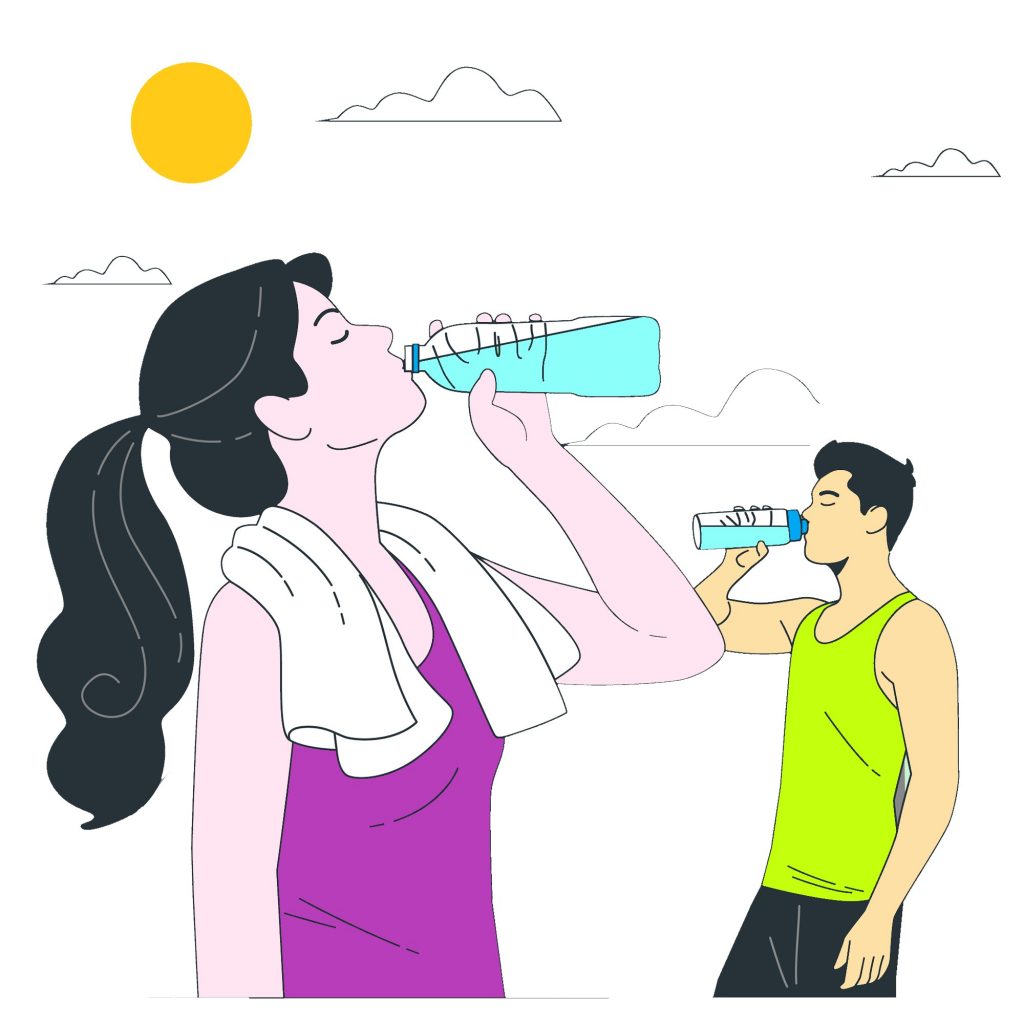7. Not eating enough fiber

Fiber is an important part of a healthy diet, and not getting enough fiber can have negative effects on your health.
First, fiber is important for digestion. It helps to bulk up the stools and move them through the intestines more easily, which can help prevent constipation. Fiber is also important for maintaining a healthy weight, as it can help you feel fuller for longer, which can help you eat less.
Not getting enough fiber can lead to constipation, which can be uncomfortable and may lead to other digestive problems. A diet low in fiber may also be associated with an increased risk of heart disease, and type 2 diabetes.
In addition to its digestive and weight management benefits, fiber is also important for overall health. It can help lower cholesterol levels, regulate blood sugar levels, and may even help reduce the risk of developing certain types of cancer.
If you’re not getting enough fiber in your diet, there are a few different ways to increase your intake. One way is to eat more high-fiber foods, such as whole grains, fruits, vegetables, nuts, and seeds. You can also try adding a fiber supplement to your diet, such as a powdered fiber supplement that can be mixed into water or added to food.
Overall, it’s important to make sure you’re getting enough fiber in your diet meal plan to support digestion, weight management, and overall health. Aim for at least 25-30 grams of fiber per day for optimal health benefits.
8. Not drinking enough water

Drinking enough water is important for maintaining overall health and proper body function. Your body is made up of about 60% water, and water is essential for a number of processes in the body, including digestion, circulation, and temperature regulation.
Not drinking enough water can lead to dehydration, which can cause a number of symptoms, such as thirst, fatigue, and dry mouth. Dehydration can also have more serious consequences, such as dizziness, fainting, and in severe cases, even organ damage.
In addition to its role in maintaining hydration, water is also important for weight management. Drinking enough water can help you feel full and satisfied, which can help you eat less and lose weight. Water can also help flush toxins and waste out of the body, which can support weight loss and overall health.
If you’re not used to drinking a lot of water, it can be hard to increase your intake. One way to make sure you’re drinking enough water is to carry a water bottle with you and take sips throughout the day. You can also try adding flavor to your water by adding slices of fruit or herbs, or you can try drinking flavored water or unsweetened iced tea.
Overall, it’s important to make sure you’re drinking enough water to support hydration, weight management, and overall health. Aim for at least eight 8-ounce glasses of water per day, or about 64 ounces.